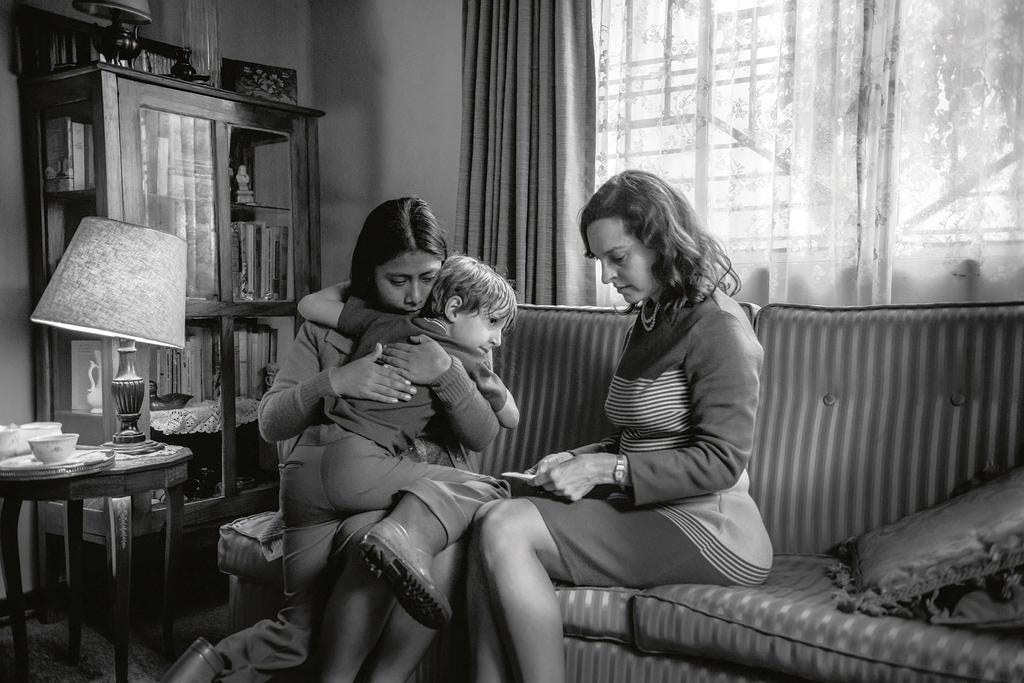Shifting Tides: The Impact of Social Change on Mexico's Upper Middle Class
The "Gringo Go Home" Psyop Pt. 2
Earlier this year, I published an article exploring the reasons behind the "Gringo Go Home" signs and their connection to housing problems in Mexico. I would like to provide further elaboration on this issue.
"Gringo Go Home" is a Psyop by the Latin Elite
·
The "Gringo Go Home" wave springs up every so often. Like most other liberal movements, I have to assume that someone behind the scenes is funding it. It's likely the wealthy class that wants foreigners to be blamed instead of the local elite. Here is my theory: in the case of Mexico City, the majority of foreigners live in "The Bubble" neighborhoods su…
In Mexico, the dynamics of class and social change are becoming increasingly prominent in today's rapidly modernizing society. The impact of this t…




